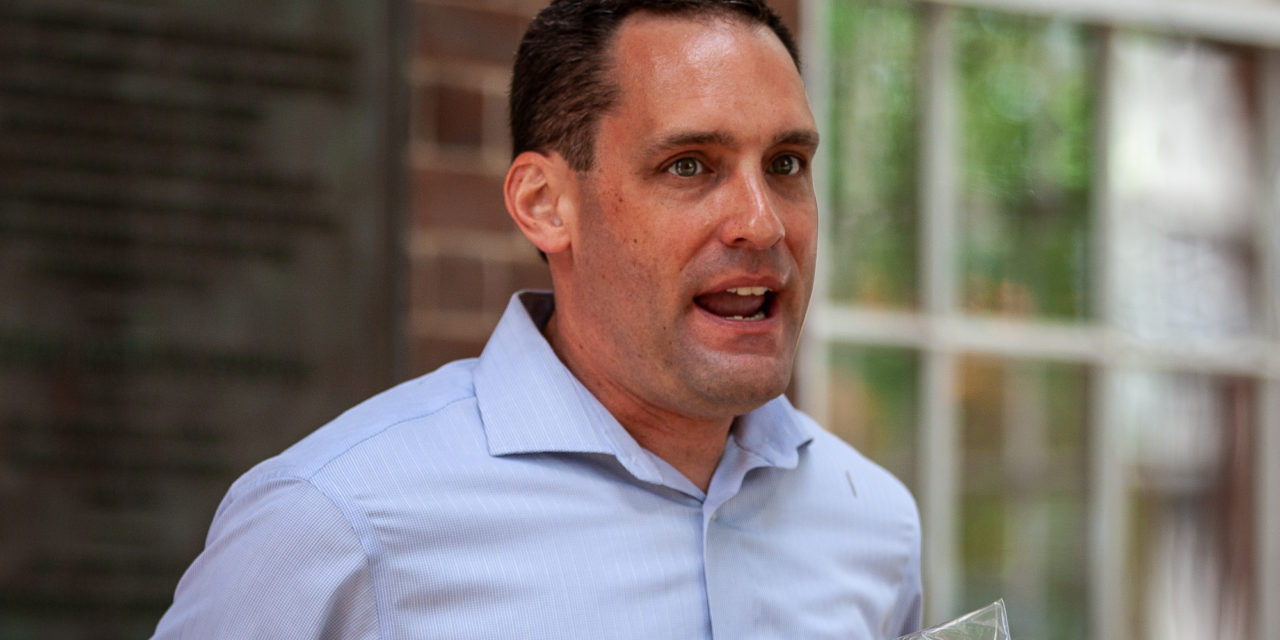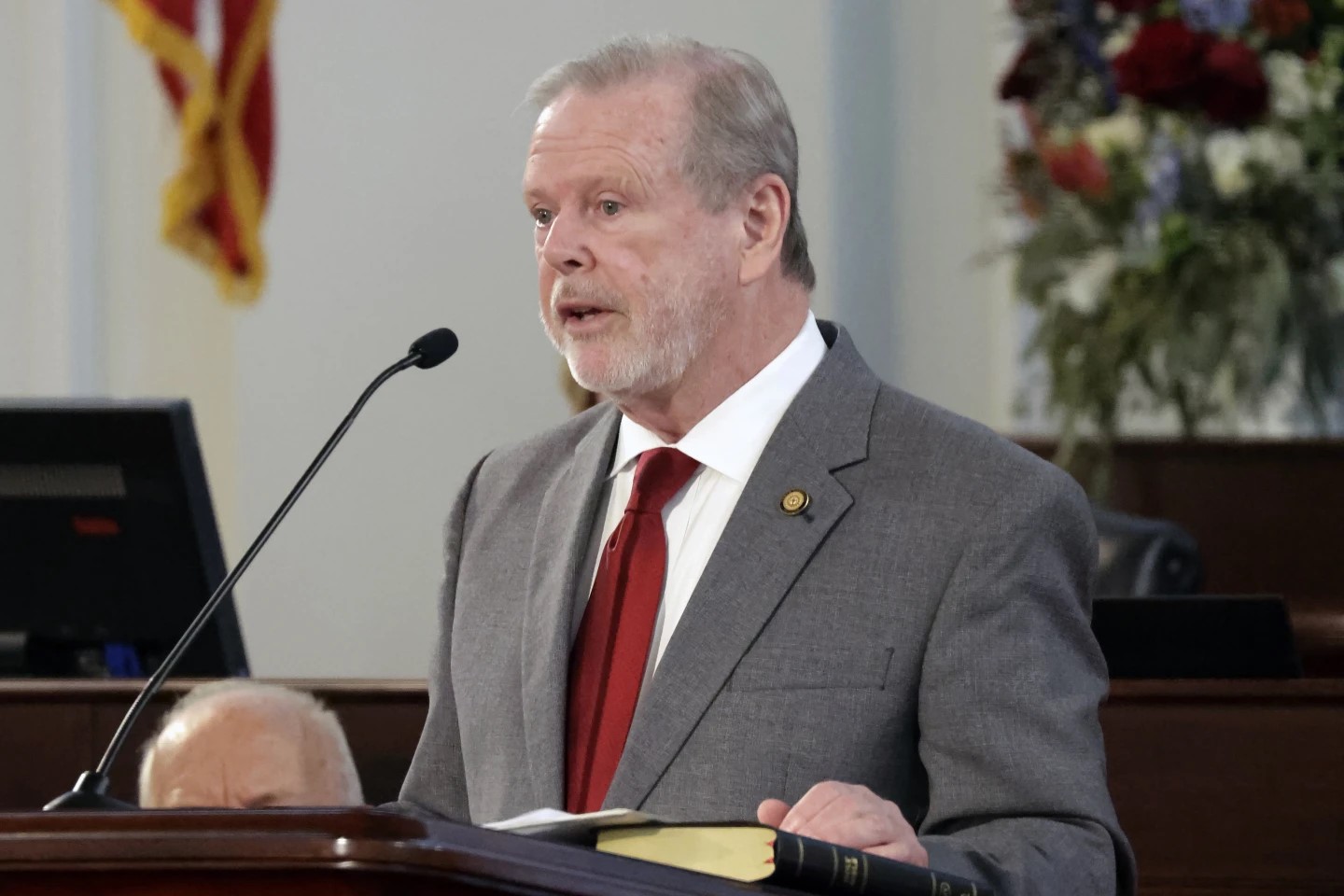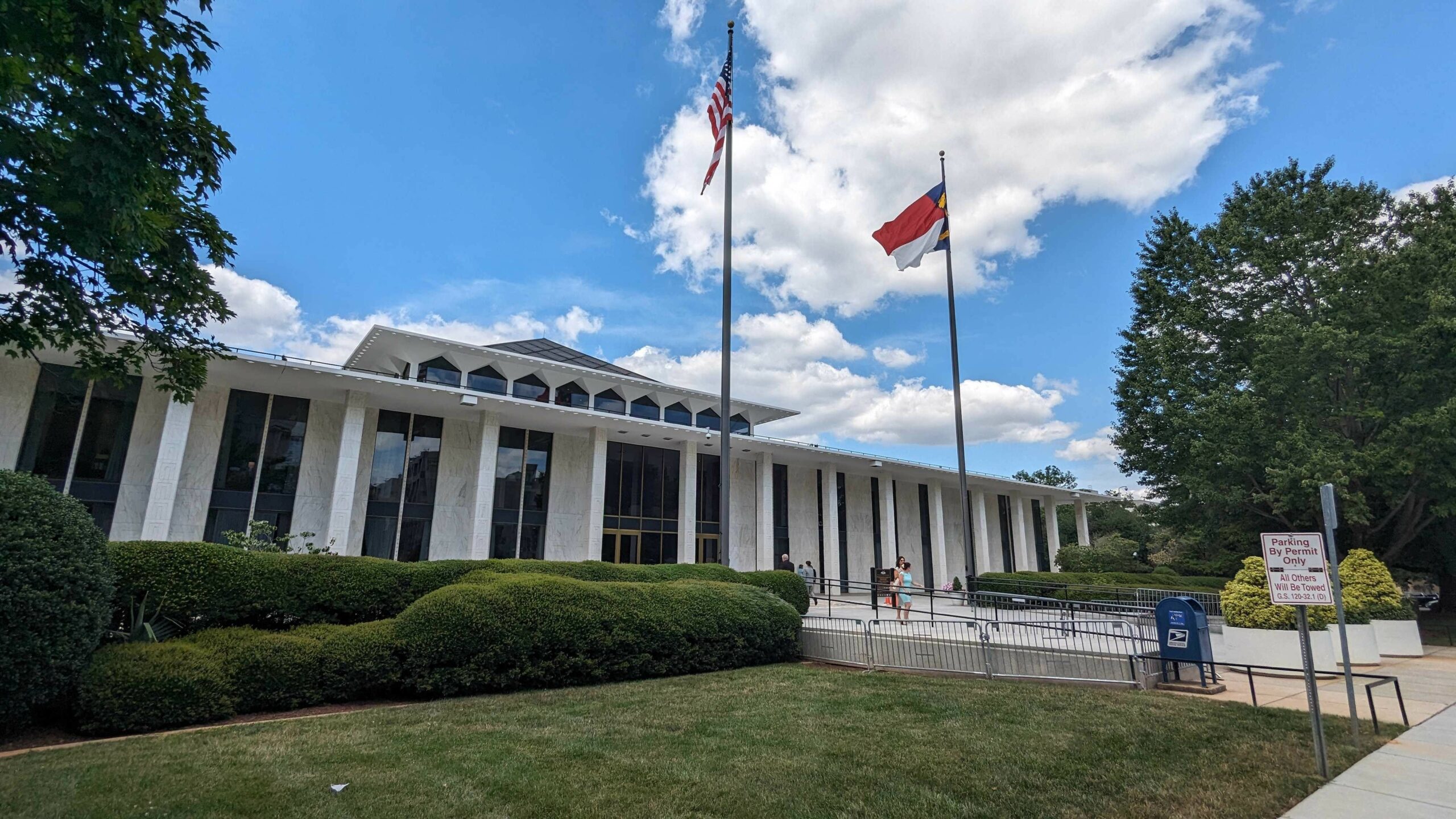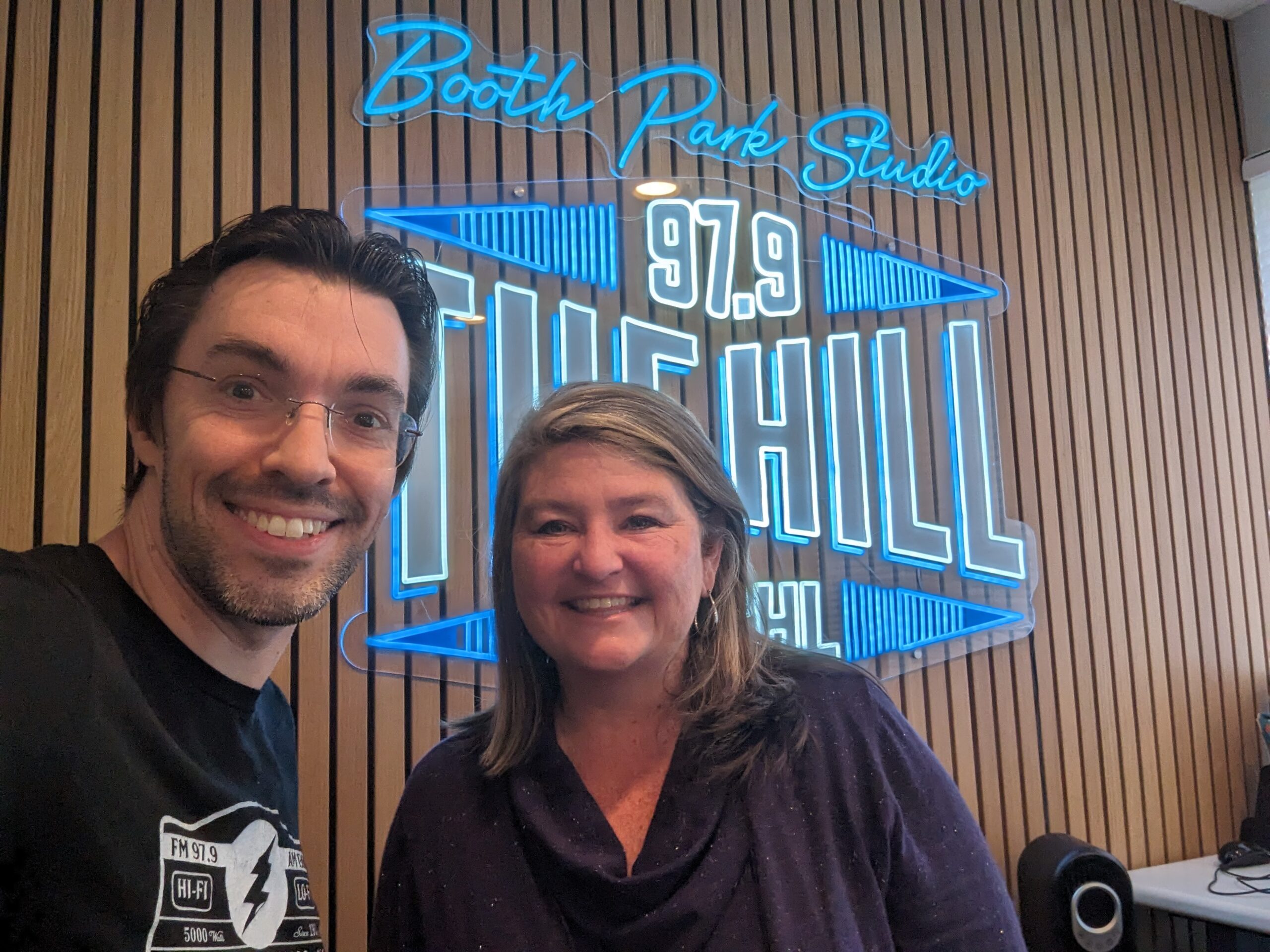The North Carolina General Assembly wrapped up its legislative session earlier this year, so there’s not much action happening in Raleigh right now – but with a critical election looming, there are still many important issues on the table, ranging from Medicaid expansion to abortion rights.
This week, 97.9 The Hill’s Aaron Keck had a chance to speak with State Rep. Graig Meyer (D-Orange) about the top issues facing lawmakers and where things stand.
You can listen to the full conversation here.
Aaron Keck: Let’s start by talking about Medicaid expansion: everyone seems to be agreed now that it’s a good idea, but it still hasn’t passed yet.
Graig Meyer: We’re certainly the closest that we have been to Medicaid expansion ever. And I think that the most likely scenario (for) Medicaid expansion is if we do it in December. We already have a special legislative session on the books for December. It’s after the election, and I think that after we see what happens with the election – if it looks like we’re basically going to be in the same place we are now, with a Democratic governor and Republican legislature, I think it’s possible that in those weeks between the election and that December session, we get a deal.
But that is not guaranteed, because there are various forces still pushing against Medicaid expansion. Probably the most significant is just the conservative, MAGA members of the North Carolina House who just don’t want to do it at all. It’s pretty clear that the only way that (Medicaid expansion) passes is if the Speaker of the House puts it on a floor for a vote, knowing that he won’t get the majority of the Republicans, but it’ll get enough votes with all the Democrats and some of the Republicans to pass it. And it’s just not clear that he’s willing to make the members of his own caucus that angry by doing that.
Keck: A sticking point in negotiations, at least between Republicans, seems to be Certificate of Need (CON) laws. What should people know about those?
Meyer: It’s a very, very wonky technical law. It basically means that the state government plays some role in regulating how quickly hospitals or other medical providers can expand on the equipment side, like on rooms and MRI machines and things like that. It’s designed to keep prices down by not overspending on medical infrastructure. Sometimes it works, sometimes it doesn’t. I think everyone agrees that there’s plenty of room to fix CON laws. But there’s major disagreements in how they should work, between the hospitals and the independent medical providers and the doctors and the legislators and everyone. That is actually a much more thorny issue than the details of Medicaid expansion.
Keck: I don’t want to make this conversation all about the election, but: do you think the outcome of the election in November will make a difference, in terms of whether Medicaid expansion gets passed or not?
Meyer: I do. Among the House Republicans, for instance, if they were able to win a super-majority, then they probably wouldn’t expand Medicaid with this current group (of lawmakers) because they probably would want to come back (in January) and use the muscle that they’d have.
It also matters (with regard to) some very specific races – because there are some people who, if they’re not coming back in January, they might vote for expansion in December because they know it’s the right thing to do, and they aren’t going to pay a political cost for it at that point because they’re a lame duck member. We’re going to be counting individual votes in November and December to see if we can get there.
Keck: Other issues? You were talking earlier about offshore wind expansion.
Meyer: Yeah, I think this is one of the most underreported stories in North Carolina. Earlier this year, the federal government got through a bidding process to the two largest offshore wind sites on the east coast, and they’re both off the coast of North Carolina. We are going to develop the largest offshore wind infrastructure manufacturing sector on the east coast. It’s all going to be in eastern North Carolina, it’s going to be in parts of the state that haven’t had significant economic development opportunities since the collapse of tobacco. It’s the best thing that eastern North Carolina has seen. And we’re then going to create – some estimates could be up to 30 percent of our energy from offshore wind, that will need to be transmitted up into all the other parts of the state for how we use electricity, including in all the electric cars and trucks that are going to be manufactured in the Piedmont area.
So when you think about that – the energy being produced offshore, the vehicles being produced right here in the Piedmont, especially in the Western Piedmont – it’s going to be a major transformation of our economy, from the coast all the way through the Western Piedmont, and Orange County’s right in the middle of that. This is a 10- to 20-year process, but it’s coming.
Keck: Other issues in Raleigh that folks should be following?
Meyer: I mean, abortion is the big one, number one on people’s minds. Abortion is still legal in North Carolina, but we’ve gone to a 15-week abortion ban. (Editor’s note: that law in question – actually a 20-week ban – had been passed earlier by the General Assembly, but only took effect this summer by court order after the Supreme Court overturned Roe v. Wade.) Pretty much all other states in the southeast do not have access to abortion like we do, but we have more restrictive abortion laws than those states that are north of us. This year’s elections are going to be in a huge way about this.
Just in terms of access and human lives: I toured our local Planned Parenthood clinic two weeks ago, and they’re seeing people from 13 states, who are coming here because it’s the closest place they can get access to abortion. And then all of that is also impacting how medical providers are doing other types of reproductive healthcare. It really is an issue that’s impacting medical providers, impacting families. There’s going to be major battles in the legislature over the next few years on this, because that’s what the (Supreme Court’s) decision did. It’s shifted all the responsibility to the states.
Chapelboro.com does not charge subscription fees, and you can directly support our efforts in local journalism here. Want more of what you see on Chapelboro? Let us bring free local news and community information to you by signing up for our biweekly newsletter.








